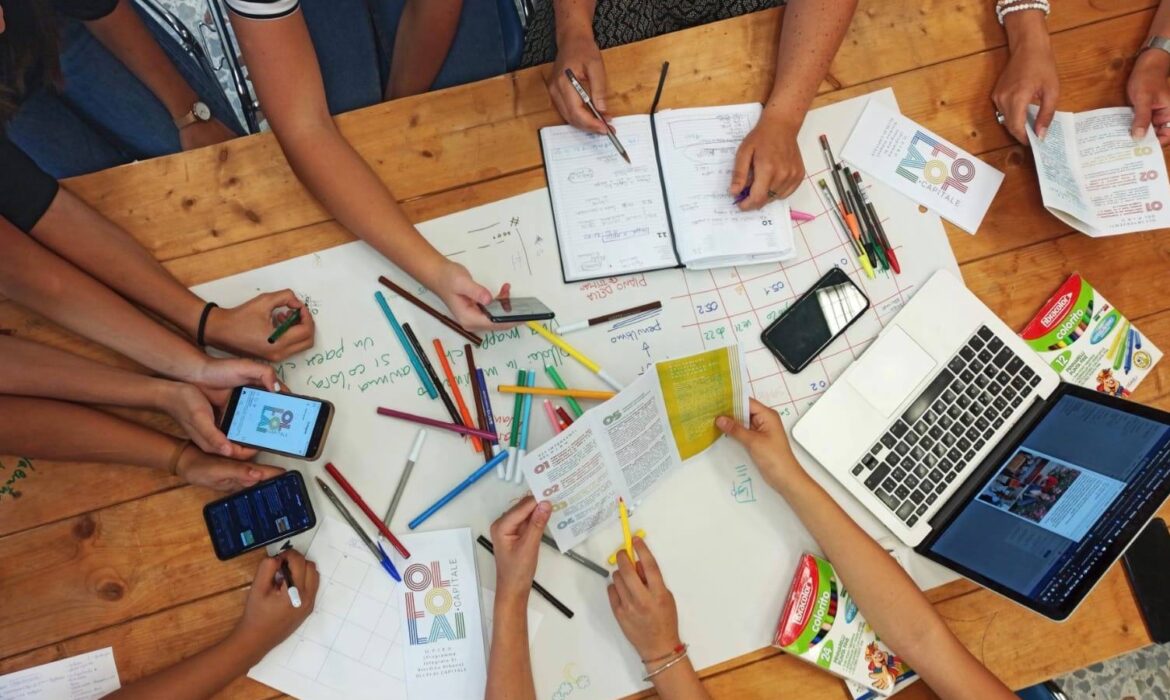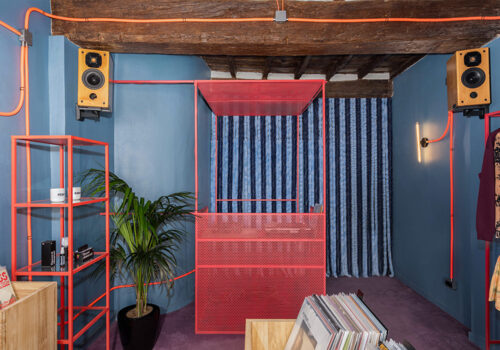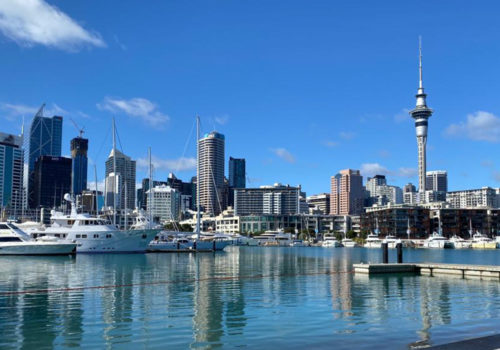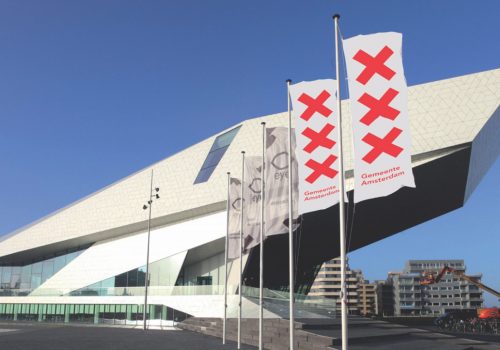In the Sardinian town, now a destination for smart workers and managers, the regeneration project was co-designed with the inhabitants
To reactivate the territory, and set it to work collectively. Inhabitants, places, communities, an example for the revitalization of towns has been set by the Sardinian burgh of Ollolai. This town, which counts little more than one thousand inhabitants and has become a destination for smart-workers from the big cities (from London to New York), is now a paradigm for how to redesign a social fabric. The pandemic has offered a further opportunity for this town located in the Barbagia, which has long been aware of its capacity to welcome people and stories.
The ambitious project for integrated regional development actively involved the citizens of Ollalai and established itself as a development model for other towns in Sardinia
What happens when public resources are invested with the aim of social as well as urban revitalisation? The results achieved by the Integrated Programme for Urban Redevelopment (P.I.R.U – Programma Integrato di Riordino Urbano) funded by the Regione Sardegna, promoted by the city of Ollolai and managed by a group of companies that includes Caire (Reggio Emilia), Sardarch (Cagliari), A|Cube and Avanzi (Milan), have been a great success. The next step will be the community hub, a multi-purpose centre which will also feature spaces for coworking.

Ph. © Sardarch
The mayor Francesco Columbu has continued the strategy begun by his predecessor Efisio Arbau, so that these revitalisation works coming from more marginal areas, these innovation experiences, these factors in a new protagonism, do not appear in pure form. They must be assisted by institutions with enlightened policies. To create a network of best practices and intuitions. There are many fragile areas like Ollolai in our country, and that is why its story can become “our story”. «Since the end of the past century, Italy has suffered a real crisis in its traditional territorial hegemonies: the “centres”, places which in the past were called upon to serve an indisputable directive function, are no longer able to validate their role as a driver for the entire system of economics, social relations and symbolic values», reads the Manifesto for “Rehabilitating Italy”, written among others by the former minister Fabrizio Barca.
Though recent months have coincided with moments of great difficulty – the town has dealt with much suffering from the pandemic – Ollolai has become a permanent laboratory thanks to the guidance of its community manager, Silvia Di Passio, a key figure in the participative process, who has stimulated and guided the community.
Inhabitants of all ages have been part of a citizenship and active participation effort: co-design actions with the girls and boys from the elementary school, workshops for the ideation of a community hub, which will be built inside the former parish nursery school, training, incubation courses to accompany the creation of an agency for living inside the newly-constituted cooperative of communities
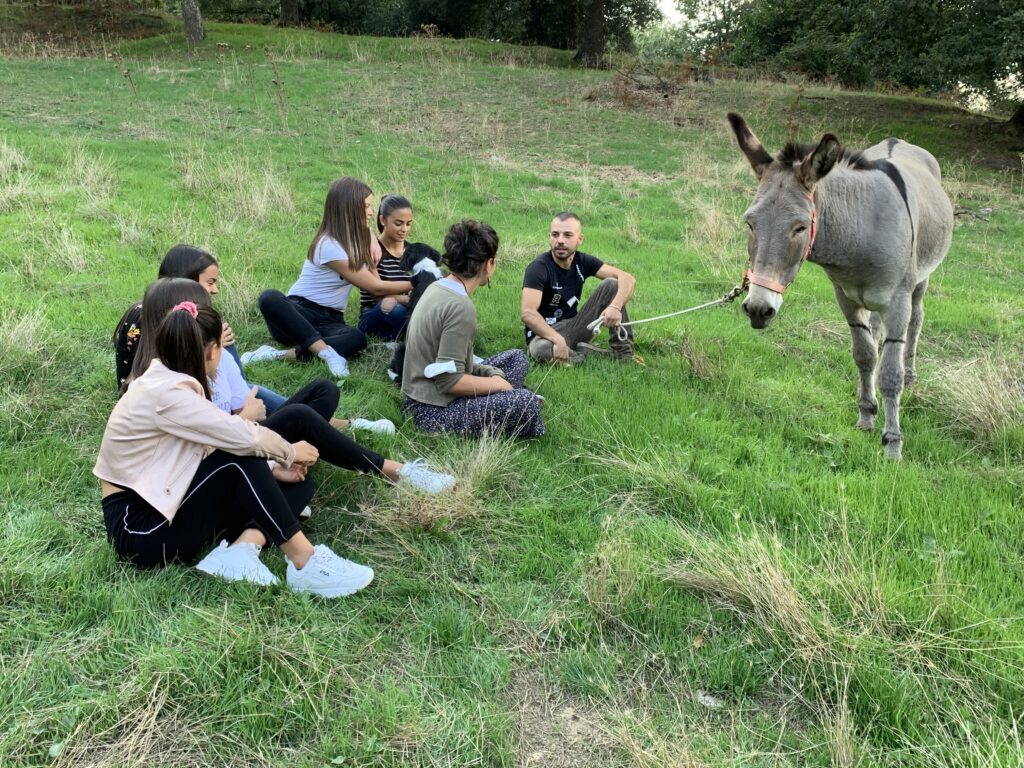
Interviews © Sardarch
This is a collective strategy to make the most of this heritage: selling or renting not on an individual basis, but through the Agency. The private building heritage has been restored (on the basis of specific restoration Guidelines), starting with the legacy of the “Houses for 1 Euro” process through the regeneration and reactivation of the residential units in the historic city centre of Ollolai. Furthermore, efforts were addressed towards the creation of real estate assets that went beyond ruins and that included the perspectives of “Rent 1 euro” and “Workplace 1 euro”.
Plus: public consultations for regenerating the connective tissue of the historic city centre with the creation of play spaces and new paving, activities to study the potential of smart working (the same is being done in other parts of Italy, at Courmayeur, for example), actions to offer a narrative about people and communities, and regional marketing managed by a group of very young people, were some of the more important actions being carried out. The entire project entailed constant participation and networking among the inhabitants, the Administration and the technical team of “Ollolai.Capitale” consisting of architects, engineers, city planners and experts in co-creation and business incubation.

Ph. © Sardarch
The experience of Ollolai.Capitale demonstrates that public programmes oriented towards sustaining processes, rather than individual works, can open “laboratories” for social experimentation that speak to the locals and the world, opening the town to the outside and building a united learning community between the world and the small towns.
Cover: Ollolai project – Ph. © Sardarch
Translated by: Olga Barmine
© ALL RIGHTS RESERVED


